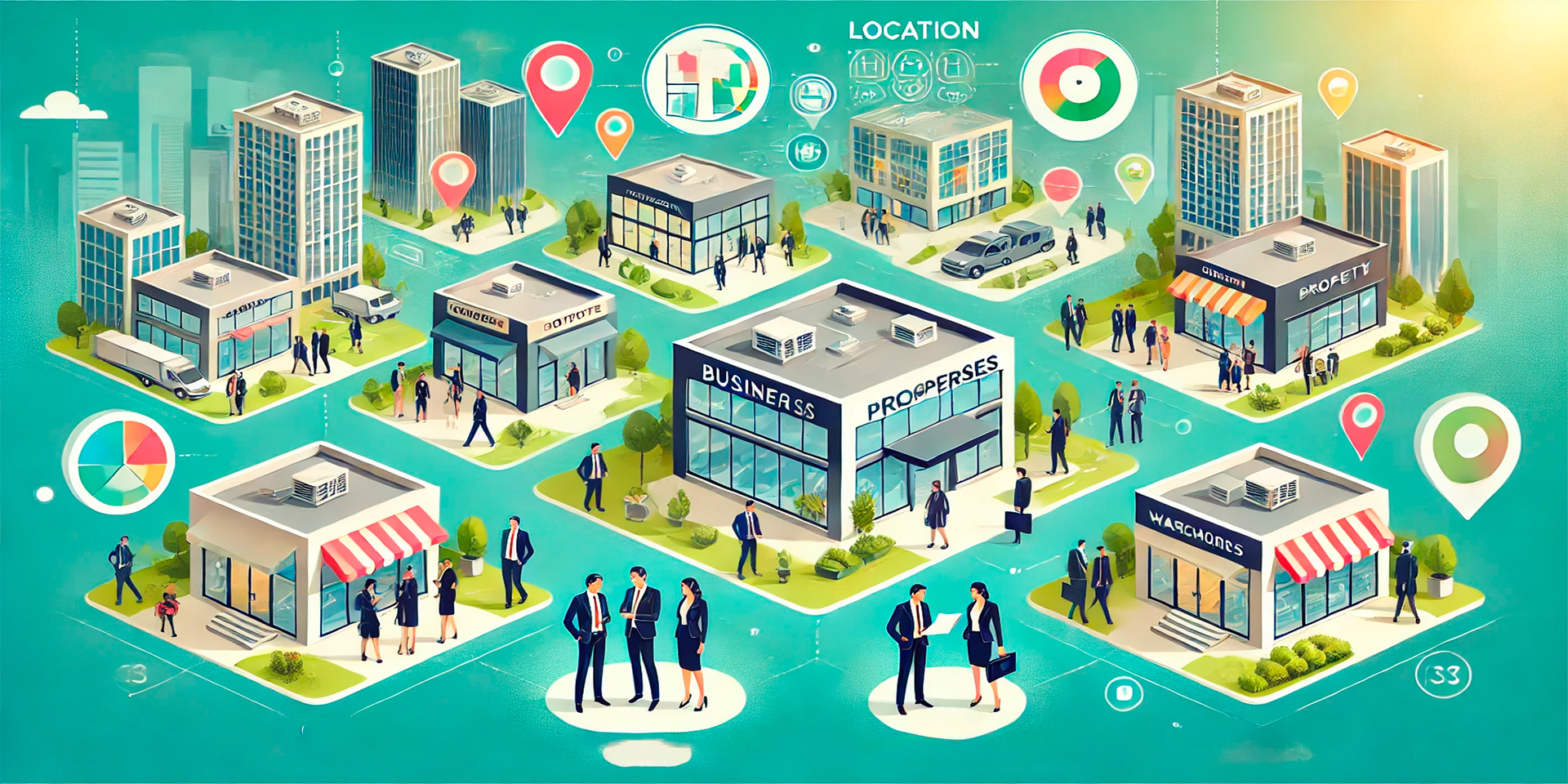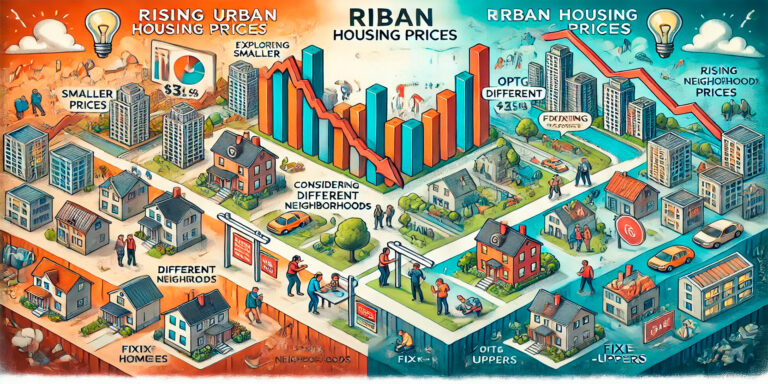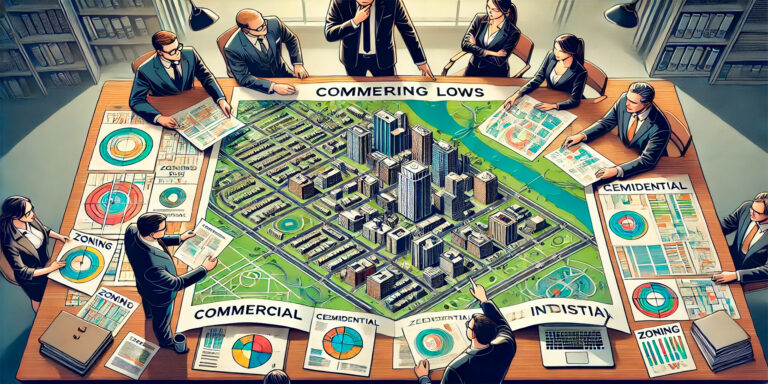Choosing the right commercial premises for your business is crucial to ensuring long-term success. The location, layout, and features of a space can directly impact your operations, customer experience, and overall profitability. With so many options available, it’s important to carefully evaluate properties to find one that aligns with your specific needs. In this article, we’ll explore the key factors to consider when searching for commercial premises and provide actionable tips for finding a space that fits your business.
Understand Your Business’s Space Requirements
Before you start searching for commercial premises, it’s essential to have a clear understanding of your business’s space requirements. Consider both your current needs and how your business may evolve in the future. Having a detailed list of requirements will help you narrow down your search and ensure the space you choose supports your business goals.
Consider Your Operational Needs
Every business has unique operational needs, and the commercial space you choose should accommodate these requirements. For example, a retail store may need ample floor space for product displays and customer browsing, while a manufacturing business may require high ceilings and a loading dock. Consider how much space you need for day-to-day operations, as well as any special features that are critical to your business, such as storage areas, dedicated offices, or customer parking.
Think About Future Growth
It’s important to think about how your business might grow over time. If you anticipate needing more space in the future, consider whether the premises can accommodate expansion. Leasing a space that is too small may lead to costly relocations later on, while a space that is too large could result in unnecessary overhead costs. Finding the right balance is key to ensuring that your premises support both your current operations and future growth.
Location Considerations for Commercial Premises
The location of your commercial premises can have a significant impact on your business’s success. A prime location can help attract customers, improve visibility, and provide access to essential resources. When evaluating potential locations, consider factors such as foot traffic, proximity to suppliers, and the overall reputation of the area.
Foot Traffic and Customer Accessibility
For businesses that rely on walk-in customers, such as retail stores or restaurants, high foot traffic is essential. When searching for commercial premises, look for locations in busy areas with a steady flow of potential customers. Consider nearby businesses and attractions that could draw people to the area, and ensure that your premises are easily accessible by public transportation or major roadways. If your business operates in a niche market, being located in a high-traffic area where your target customers frequent can boost visibility and sales.
Proximity to Suppliers and Partners
If your business depends on regular deliveries from suppliers or frequent collaboration with partners, proximity to these resources is critical. Choosing a location that is close to key suppliers can reduce transportation costs and lead times, helping you streamline operations. Additionally, being near complementary businesses can open up opportunities for partnerships and cross-promotion.
Assess the Area’s Reputation
The reputation of a neighborhood or business district can have a direct impact on your brand’s image. For example, setting up shop in a trendy area with a strong reputation for shopping and dining may attract more customers, while a location in an industrial or underdeveloped area could deter them. Consider whether the neighborhood aligns with your brand and customer base, and take into account any potential changes in the area’s reputation over time.
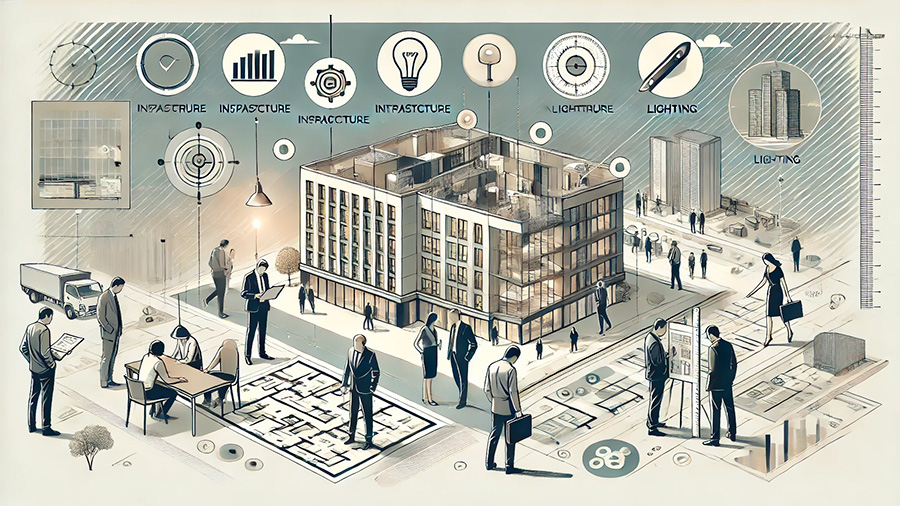
Evaluating the Physical Space
The physical layout and condition of a commercial space are critical to its suitability for your business. Before signing a lease or purchase agreement, carefully evaluate the space to ensure it meets your needs and will support efficient operations.
Layout and Floor Plan
The layout of a commercial space can significantly affect how your business functions. For example, retail businesses often need open floor plans with clear sightlines, while offices require separate workspaces and meeting rooms. Consider how the space’s layout aligns with your operational flow. If the space isn’t immediately suitable, think about whether it can be reconfigured to meet your needs, and factor in the cost of any renovations.
Condition and Maintenance of the Premises
It’s important to assess the condition of the premises before committing to a lease or purchase. Older buildings may have maintenance issues, such as outdated plumbing or electrical systems, that could become costly down the line. Inspect the property thoroughly, and ask the landlord or seller about any past repairs, ongoing maintenance concerns, and planned upgrades. Make sure to factor potential repair costs into your overall budget.
Compliance with Zoning and Regulations
Not all commercial spaces are suitable for all types of businesses. Ensure that the property you’re considering complies with local zoning laws and building codes. Certain areas may be restricted to specific types of businesses, such as retail, industrial, or office use. Additionally, check for any necessary permits or licenses that your business may require to operate in the space. Failing to comply with zoning regulations could result in fines or forced relocation.
Cost Considerations for Commercial Space
Securing commercial premises involves significant financial commitments, so it’s essential to understand all the costs involved. Beyond the base rent or purchase price, there are several other expenses to consider, including utilities, maintenance, and insurance. Carefully evaluating these costs will help you determine whether the space is affordable and sustainable for your business.
Rent or Purchase Price
The base rent or purchase price of a commercial space is likely the largest cost you’ll face. When comparing properties, look at the cost per square foot and consider whether the space offers good value for money. In high-demand urban areas, you may need to pay a premium for prime locations, but it’s important to balance cost with the potential return on investment. If buying, consider the long-term value of owning the property and the potential for appreciation.
Operating Costs and Utilities
In addition to rent, many commercial leases require tenants to cover a portion of the building’s operating costs, such as utilities, maintenance, and property taxes. Make sure you understand which costs you’ll be responsible for, and ask the landlord for an estimate of monthly or annual expenses. These costs can vary significantly based on the type of lease, so it’s essential to factor them into your budget. Additionally, check whether the premises are energy-efficient, as this can reduce your utility bills.
Insurance and Liability
Commercial premises typically require tenants to carry insurance, including property insurance and liability coverage. Make sure you understand the insurance requirements for the space, and obtain quotes to ensure coverage fits within your budget. Depending on your business type, you may also need additional coverage, such as product liability insurance or business interruption insurance.
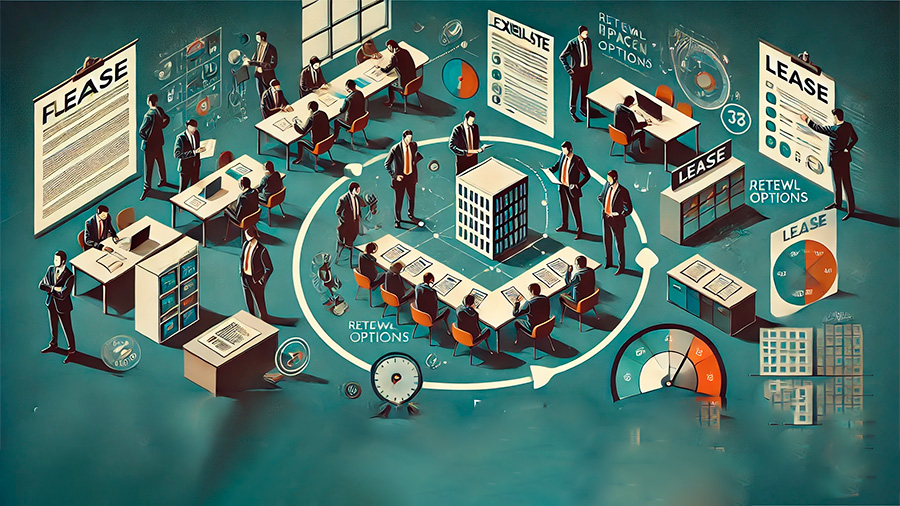
Flexibility and Lease Terms
The terms of your lease or purchase agreement can have a significant impact on the long-term suitability of the space for your business. Flexibility is key, especially if you expect your business to grow or change over time. Pay close attention to the lease terms and negotiate for favorable conditions that protect your interests.
Length of Lease and Renewal Options
Consider how long you’re willing to commit to a commercial space. Short-term leases offer flexibility, allowing you to relocate or expand as your business grows, but they may come with higher rent costs. Long-term leases, on the other hand, provide stability and can sometimes lock in favorable rent rates. Look for leases that include renewal options, which allow you to extend the lease at predetermined rates, giving you greater control over future costs.
Subleasing and Expansion Rights
If your business is likely to grow, negotiating for subleasing or expansion rights can provide valuable flexibility. Subleasing allows you to rent out unused portions of your space if your needs change, while expansion rights give you the option to lease additional space in the building as it becomes available. Including these clauses in your lease agreement can help you avoid costly relocations down the line.
Working with Professionals to Find the Right Space
Finding the perfect commercial premises can be a time-consuming and complex process, but working with professionals can make it easier. Real estate brokers, attorneys, and contractors can provide valuable insights and expertise to help you make an informed decision.
Hiring a Commercial Real Estate Broker
A commercial real estate broker can help you navigate the market, identify properties that meet your criteria, and negotiate favorable lease terms. Brokers have access to listings that may not be available to the public and can use their market knowledge to help you find a space that fits your business needs. While brokers charge a commission, their expertise can save you time and money in the long run.
Consulting with an Attorney
Commercial leases and purchase agreements are often complex, so it’s important to consult with an attorney before signing any contracts. An experienced attorney can review the terms of the lease or agreement, ensure that your interests are protected, and help you negotiate any necessary changes. This is especially important for new business owners or those unfamiliar with commercial real estate transactions.
Working with a Contractor
If you’re considering a space that needs renovations or build-outs, working with a contractor can help you assess the cost and feasibility of any necessary improvements. A contractor can evaluate the space’s condition, provide estimates for renovations, and help you determine whether the property is a good fit for your business.
Finding commercial premises that meet your business’s specific needs requires careful planning and consideration. By understanding your operational requirements, evaluating location and cost factors, and working with experienced professionals, you can secure a space that supports your business’s success now and in the future.

